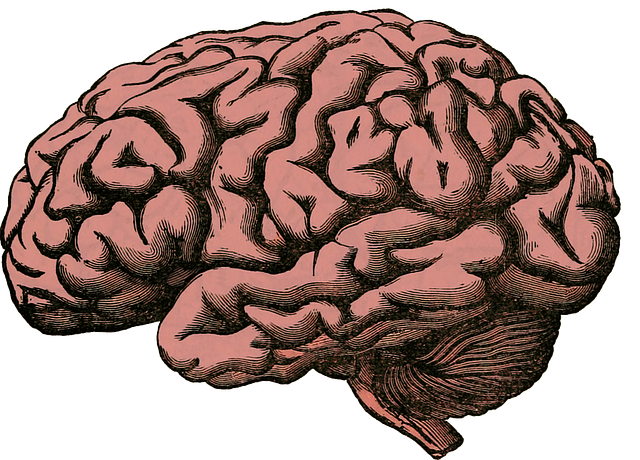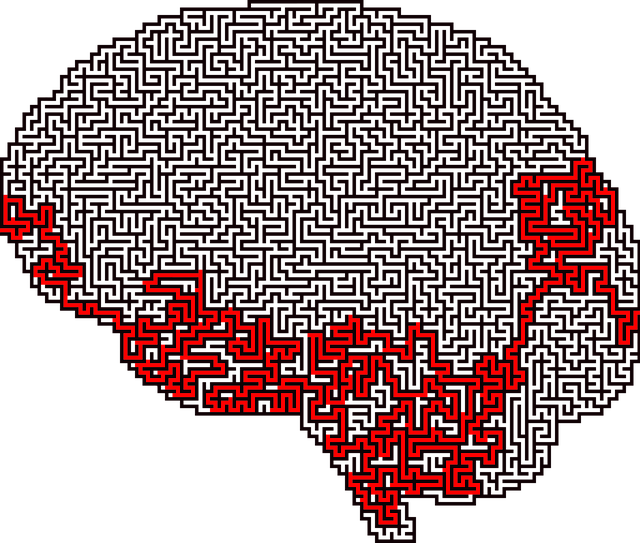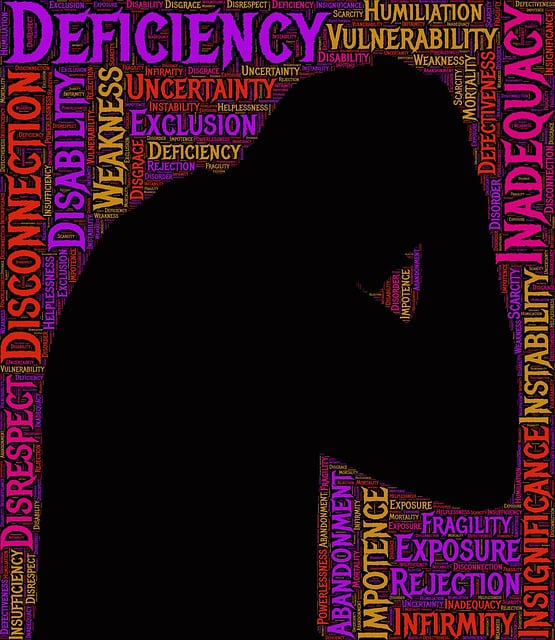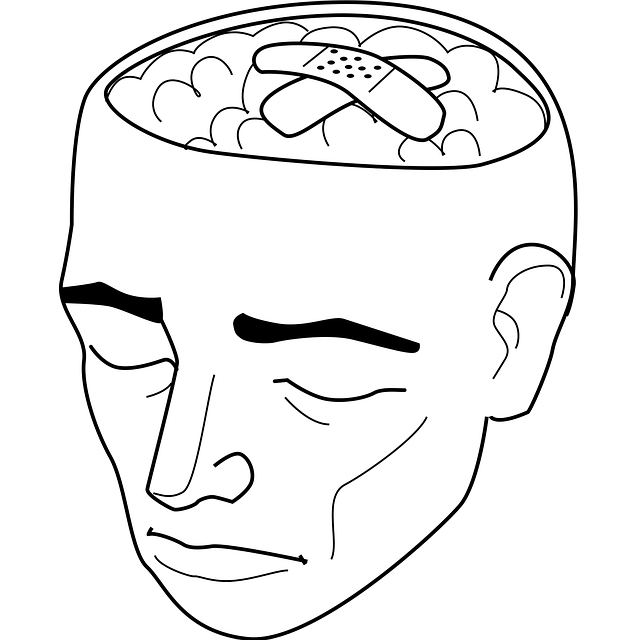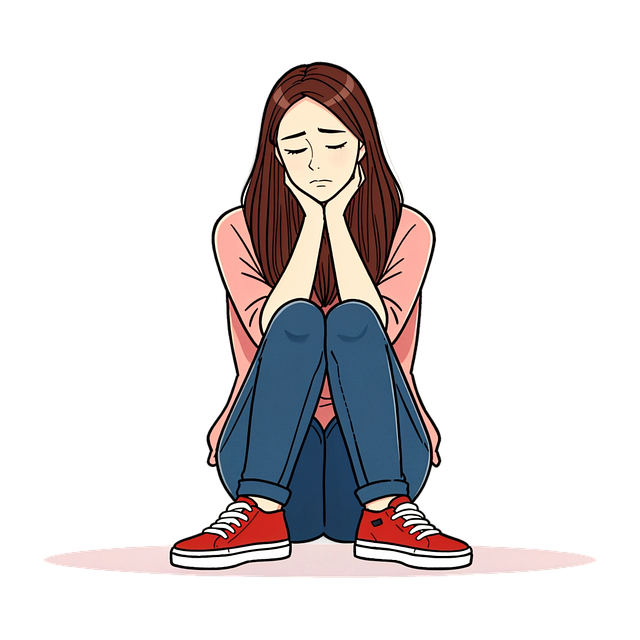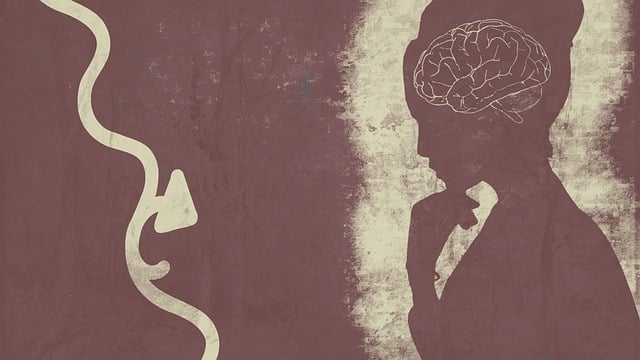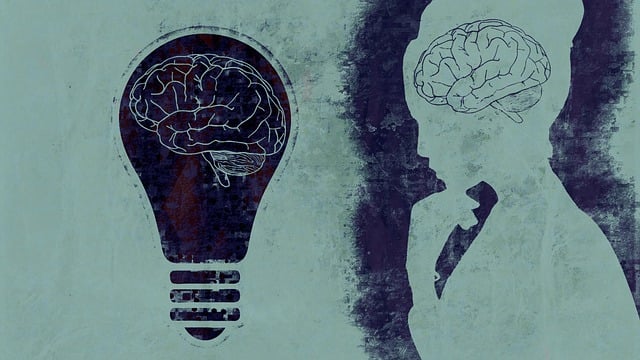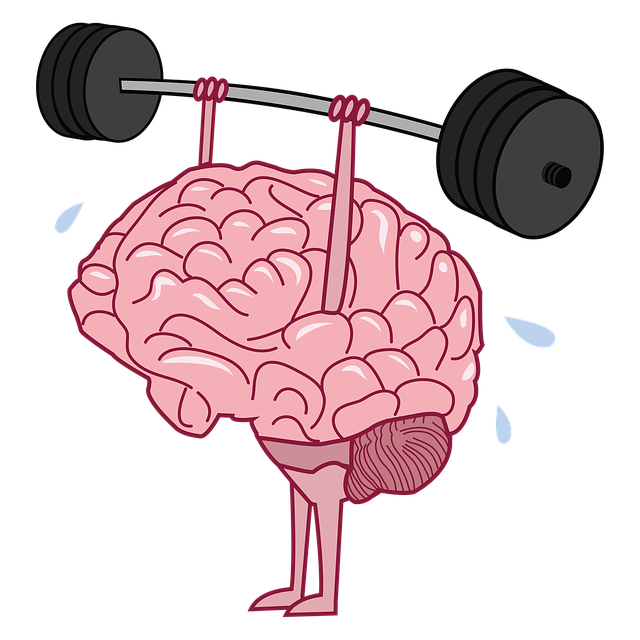Depression among teenagers is a growing concern, but early recognition and intervention using tailored approaches like Cognitive Behavioral Therapy (CBT) and biofeedback can significantly improve outcomes. Effective strategies include CBT to manage negative thought patterns, biofeedback to control bodily functions linked to depressive episodes, mindfulness practices, physical activity, and improved sleep routines. Cultural sensitivity in mental healthcare ensures these interventions cater to diverse adolescent needs, fostering resilience through coping skills development and healthy emotional regulation. Integrating therapy techniques like biofeedback with self-care routines enhances teens' confidence and long-term protection against depression.
Depression among teenagers is a growing concern, but proactive strategies can make a significant difference. This article delves into comprehensive approaches to prevent and manage adolescent depression. We explore critical aspects such as recognizing telltale signs, the benefits of cognitive behavioral therapy tailored for teens, and biofeedback as a natural coping mechanism. Additionally, we highlight lifestyle changes and building resilience to empower young individuals in navigating life’s challenges, focusing on evidence-based methods including therapy for adolescent teens and biofeedback techniques.
- Understanding Teen Depression: Recognizing the Signs
- The Role of Therapy: Cognitive Behavioral Therapy for Adolescents
- Biofeedback as a Natural Coping Mechanism
- Lifestyle Changes to Boost Mood and Well-being
- Building Resilience: Empowering Teens to Navigate Life's Challenges
Understanding Teen Depression: Recognizing the Signs

Depression among teenagers is a growing concern, but early recognition and intervention can make all the difference. It’s crucial to understand that teen depression isn’t just a phase; it’s a serious mental health condition that requires attention. By being aware of the signs, parents, caregivers, and peers can offer much-needed support. Symptoms may include persistent feelings of sadness, loss of interest in activities once enjoyed, changes in appetite and sleep patterns, fatigue, difficulty concentrating, and in severe cases, thoughts of self-harm or suicide.
One effective approach to address these issues is through therapy tailored for adolescent teens, such as cognitive-behavioral therapy (CBT) or interpersonal psychotherapy (IPT). Additionally, biofeedback techniques have gained traction as a complementary method, teaching teens how to control their physical responses to stress and triggers. Cultivating inner strength development and incorporating self-care practices are also essential components of holistic prevention strategies, coupled with cultural sensitivity in mental healthcare practice to ensure every teen receives tailored care that respects their unique background and needs.
The Role of Therapy: Cognitive Behavioral Therapy for Adolescents

Depression prevention strategies among adolescents often include therapy, specifically Cognitive Behavioral Therapy (CBT). CBT has proven effective in addressing depressive symptoms and building resilience in young individuals. This form of therapy focuses on identifying and changing negative thought patterns and behaviors that contribute to depression. By teaching adolescent teens mind over matter principles, CBT empowers them to manage their emotions and improve their overall mental well-being.
In addition to traditional CBT, biofeedback is emerging as a valuable tool for depression prevention. Biofeedback techniques help adolescents gain control over certain bodily functions, such as heart rate and muscle tension, which can be triggers or indicators of depressive episodes. Through biofeedback, teens learn to recognize these physical cues and employ relaxation strategies to foster resilience against mental illness. Combined with stigma reduction efforts, therapy options like CBT and biofeedback offer a comprehensive approach to depression prevention in adolescent teens.
Biofeedback as a Natural Coping Mechanism

Biofeedback is a natural coping mechanism that has gained recognition as an effective therapy for adolescent teens struggling with depression and anxiety. This non-invasive technique empowers individuals to gain control over their bodily functions, offering a unique approach to stress reduction methods. By learning to regulate emotional responses, biofeedback helps teens develop better coping strategies, which can be especially beneficial in preventing burnout among healthcare providers who may encounter high-stress situations regularly.
Through sensors attached to the body, biofeedback provides real-time feedback on physiological signals like heart rate and muscle tension. This awareness allows for a more conscious approach to emotional regulation, helping teens identify and change maladaptive response patterns. By integrating biofeedback into their toolkit, adolescents can enhance their overall well-being, reduce symptoms of depression, and develop sustainable burnout prevention strategies tailored to their unique needs.
Lifestyle Changes to Boost Mood and Well-being

Adolescent teens facing depression can significantly benefit from making positive lifestyle changes. Regular physical activity, a balanced diet rich in nutrients, and adequate sleep routines are powerful tools to boost mood and overall well-being. Engaging in activities that promote relaxation, such as mindfulness meditation or yoga, can help reduce stress and anxiety, which are often contributing factors to depression. Additionally, connecting with peers and seeking social support through therapy groups or counseling sessions can foster a sense of belonging and provide valuable coping strategies.
Incorporating biofeedback techniques into one’s routine is another effective approach. Biofeedback therapy teaches individuals how to gain control over certain bodily functions, promoting emotional healing processes. This non-invasive method involves using electronic sensors to monitor physiological responses, allowing teens to learn relaxation skills and manage their symptoms effectively. Cultural sensitivity in mental healthcare practice plays a crucial role here, ensuring that these interventions are tailored to meet the unique needs and backgrounds of each individual while addressing depression.
Building Resilience: Empowering Teens to Navigate Life's Challenges

Depression prevention starts with building resilience in adolescent teens. Empowering them with coping mechanisms and skills to navigate life’s challenges is crucial. Therapy, such as biofeedback, can offer effective tools for stress management and emotional regulation. By participating in a community outreach program focused on resilience building, teens learn to identify triggers, process emotions healthily, and develop a strong sense of self-worth.
Implementing these strategies doesn’t stop at therapy sessions. Encouraging self-care routine development for better mental health plays a vital role in long-term prevention. Simple practices like mindfulness exercises, regular physical activity, and adequate sleep can significantly contribute to building a buffer against depression. Through these holistic approaches, teens gain the tools needed to face life’s ups and downs with increased confidence and resilience.
Depression among teens is a serious but manageable condition. By recognizing early signs, implementing lifestyle changes, and empowering resilience, parents and caregivers can play a vital role in prevention. Integrating natural coping mechanisms like biofeedback alongside evidence-based therapies such as cognitive behavioral therapy (CBT) for adolescent teens offers comprehensive strategies to boost mood and overall well-being. These approaches not only address symptoms but also equip young individuals with lifelong tools to navigate life’s challenges.
